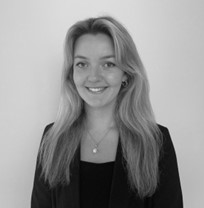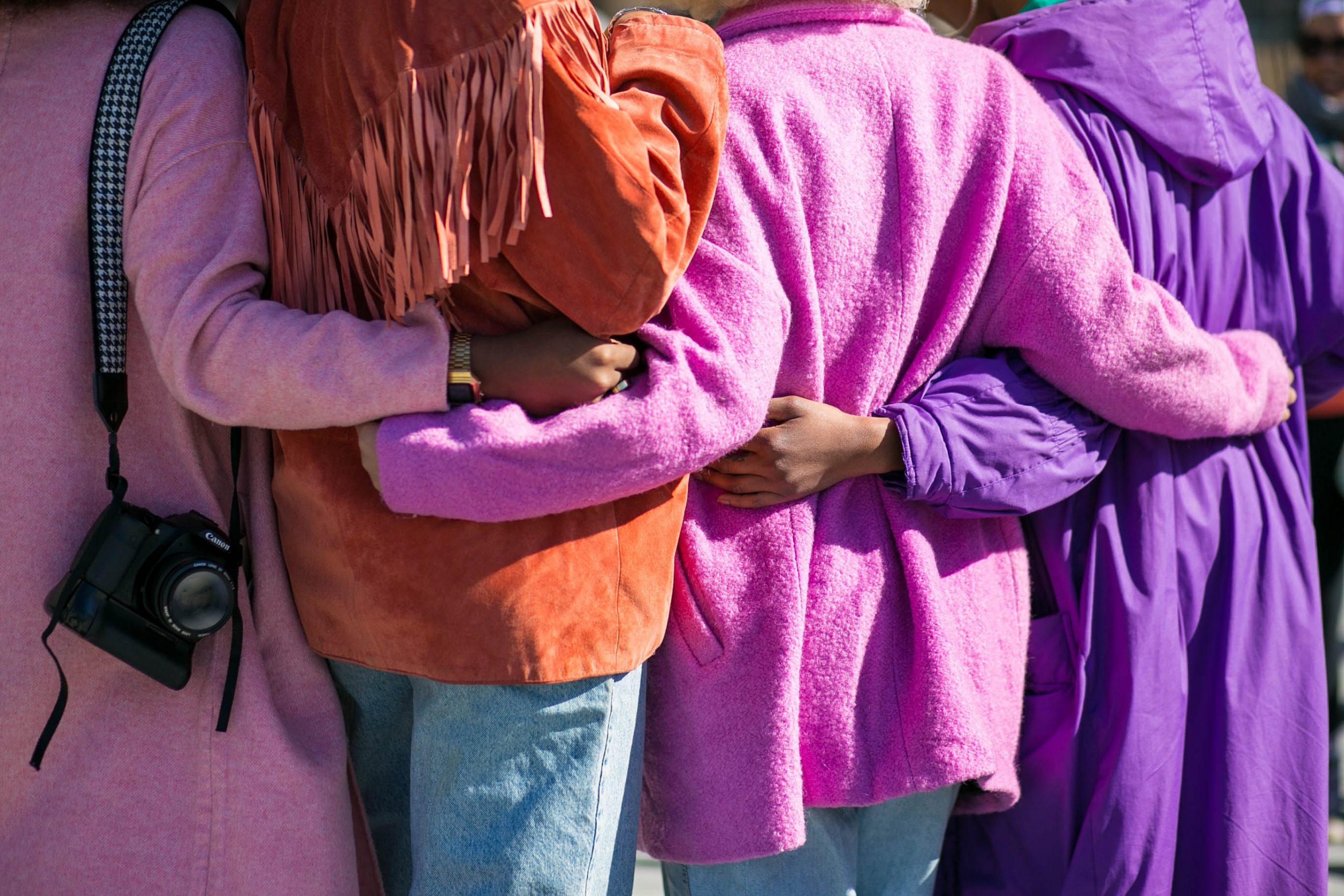International Women’s Day is – or at least, should be – an important date in the calendar around the world. The day simultaneously celebrates the social, economic, cultural, and political achievements of women globally but also reflects on the rights that have been fought for in the face of historical and continued oppression. Working in Manchester in 2022 I regularly walked past the statue of Emmeline Pankhurst, a British political activist who organised the UK suffragette movement and helped women win the right to vote. Couple that with Helen Reddy’s I Am Woman playing in your headphones and you can’t help but wonder what Emmeline would have thought of the achievements of women today. Indeed, IWD is a day for gender equality advocates around the world to feel proud of how far we’ve come.
However, there was a markedly different interpretation and feel towards IWD in 2023. It was clear that for many women the cupcake was no longer going to cut it. The women asked to chair, speak at or run IWD events highlighted how this actually constitutes additional work, often on top of caring duties and career obligations. A new campaign called Fck the Cupcakes, launched by Creative agency Innocean, aimed at getting more men to attend IWD events. For many, IWD has become overly corporatised and is an opportunity for organisations to virtue signal their progressiveness without accountability or critical reflection on gender inequalities within their own systems. Similarly, critics argue that many organisations celebrate the event without reflecting on how their organisations may actively contribute to systemic issues of gender equality to begin with. Consequently, women are demanding that companies put their money where their mouth is and address issues such as equal pay before purporting to endorse gender equality through morning teas.
IWD also brings attention to issues such as reproductive rights, and violence and abuse against women. 1 in 5 Australian women have experienced sexual violence. For many Aboriginal women, IWD is not a day to celebrate with continued widespread incarceration rates and high levels of family or partner violence. For low-income women, who are at the coal face of the housing, healthcare and economic crisis, the focus on ‘girl bosses’ and women in corporate leadership positions is proving increasingly out-of-touch.
For those working in the international development sector, IWD also occupies a complex space. My own positionality is such that I am keenly aware of the rights I’ve grown up with and the privileges I continue to benefit from as a young, white Australian woman. However, working at both the Australian International Development Network and Good Return, which focuses on gender equality and women’s economic empowerment in the Asia-Pacific, I am reminded that for many women around the world basic access to education is not guaranteed. Domestic violence is pervasive. And it is women in low-income countries who will be hit hardest by climate change. This leaves me in a position whereby I am both cognisant that attending an IWD breakfast still indicates that significant progress has been made globally. On the other hand, I can’t ignore the numerous issues still to be addressed both in Australia and abroad.
Most of us want to achieve gender equality. And it is fair and reasonable that we celebrate the progress made by women worldwide. But how can we meaningfully move forward?
Working between worlds: where women’s rights can look completely different is complex but doesn’t need to be complicated. Working in international development means consistently employing an intersectional approach to women’s rights and gender equality. Intersectional feminism means acknowledging that the struggle of women can look and be experienced differently depending on intersections of ethnicity, class, sexuality, and identity. The worth of examining IWD with an intersectional lens, to better understand how it raises idiosyncratic issues, has already been demonstrated above in the example of Indigenous and low-income women.
For IWD to move forward meaningfully we can and should use intersectionality as a tool to be both aware of our own privilege, continue to push for urgent change in Australia and concurrently advocate for the rights of our sisters abroad. As an insightful colleague pointed out, we should be using the platform that the IWD morning tea gives us to do just this. I’ll finish with my favourite feminist quote by Audre Lorde, American writer, womanist, radical feminist, professor, and civil rights activist; “I am not free while any woman is unfree, even when her shackles are very different from my own.”
There are a number of Australian international development charities working on women’s rights abroad including: UN Women Australia, International Women’s Development Agency, Plan International Australia, and Good Return.
About the Author:
 Hannah McNicol is the Communications and Research Lead at the Australian International Development Network and a Communications Officer at Good Return. Hannah is also a dual PhD Candidate at the University of Melbourne and Manchester researching Chinese aid/Development and Special Economic Zones along the Belt and Road Initiative, as affiliated with the Global Development Institute.
Hannah McNicol is the Communications and Research Lead at the Australian International Development Network and a Communications Officer at Good Return. Hannah is also a dual PhD Candidate at the University of Melbourne and Manchester researching Chinese aid/Development and Special Economic Zones along the Belt and Road Initiative, as affiliated with the Global Development Institute.
